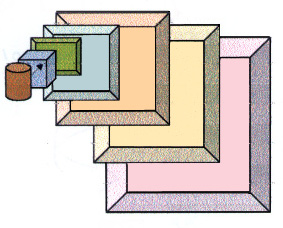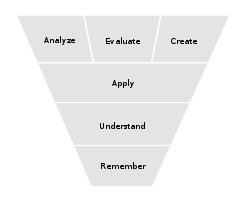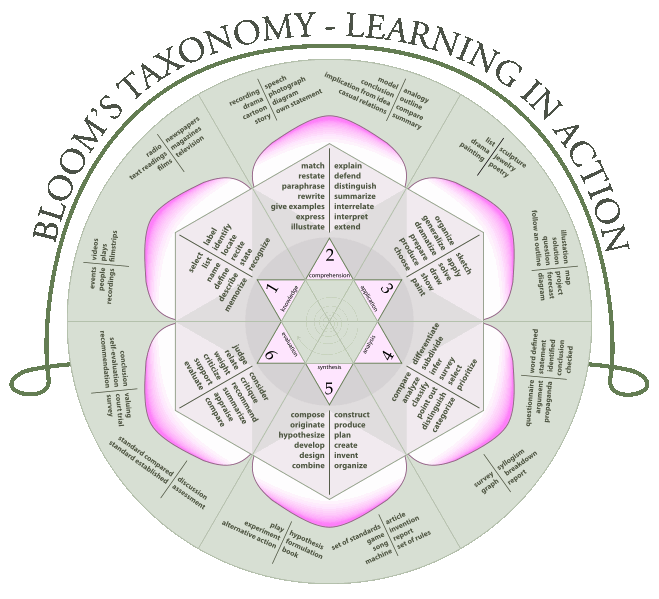Words we think we know
critical reading
Reading
Most people think literacy means the expressed ability to interpret a passage by reading and restating the definitions of and applying those defined words to the entire passage, paragraph, chapter, or text.
 That is only the first in a series of crucial steps. Being functionally literate also includes using precision vocabulary, cogently expressing imaginative details and bringing relevant background information to bear on the text in order to reflect on what the passage says, or does not say to readers.
That is only the first in a series of crucial steps. Being functionally literate also includes using precision vocabulary, cogently expressing imaginative details and bringing relevant background information to bear on the text in order to reflect on what the passage says, or does not say to readers.
Because "means has several different definitions depending on the context." In the general sense used here, "means" refers to determining what words denote, or reveal, express, or explicate. Even though words can hide rather than expose the meaning of a phrase or sentence, the assumption here is that words convey, or communicate a definite and explainable significance.
literate
Adding the capacity to imagine by abstracting from a passage explicit meaning based on synonyms and antonyms of the chosen words and then determining implicit meanings from the context of the words in the phrases you have selected is the necessary steps to better comprehension.
Imaginations
There persist two issues that often cause one interpreter to miss the point of another interpretation and these involve bias due to backgrounds and the hidden assumptions we bring to any reading.
 Often expressed as a confusion between the exact words and the meaning of those words, hidden assumptions can emerge from two levels:
Often expressed as a confusion between the exact words and the meaning of those words, hidden assumptions can emerge from two levels:
- explicit - word for word, strict interpretation based on expressed words used.
- implicit - suggested or hinted at from the context of the phrases.
Imaginative interpretations often rely on the suggested importance of the passage, the allusions in the passage from its wider context, or associations with other author's related ideas.
Backgrounds
All of the vocabulary you bring into a new reading is based on recall.
Understanding cannot occur without remembering things internal to the text and external to the reading under scrutiny.
Meaning cannot be derived when recall fails to make these internal connections. Deeper meaning is lost when there is no external transfer of the information among the source and it's context with other related sources and prevailing, pertinent information.
Because the definitions of words change over time it is important to refer to the etymology, or origins of the key words in a passage.
For Example:
This is a difficult passage from R. Buckminster Fuller's book entitled "Critical Path."
"We've talked in this book about entropy and syntropy: the entropic stars exporting energy as radiation; and syntropic loci in Universe where energy is being imported and converted from radiation to matter. We noted how despite Boltzmann's brilliant reasoning, the syntropic importing loci of Universe have not been scientifically accreditable as existing because they are astronomically invisible. They are invisible because of not giving off any radiation. We noted that the planet Earth is one of those syntropic energy importing places – the only one we know of – where the entropic Sun radiation is constantly being impounded by the syntropic photosynthesis of the vegetation and being converted from random radiation receipts into beautiful, orderly molecular structures (matter), with other living creatures and organisms in turn consuming the vegetation-produced molecules and thereby syntropically 'growing' physically by themselves, producing large numbers of chemically orderly molecules. We observe this great syntropic operation pattern to be manifest in the natural ecology of the planet."
p. 275.
- His meaning: No sun, no planet, no ecology, no humans.
- His context, "talked in this book about entropy and syntropy" reciprocal
- His use of grammar and syntax, at times it's irregular.
- His ideas, these may be by far the most important.
- "I would like to turn our attention to soil and land conservation and its essential functioning in support of total ecological regeneration and the work of those people . . . – the people who are concerned in a very major way with the planet Earth as a total crystalline, hydraulic, and pneumatics system."
Terms peculiar to his text.
"constantly being impounded" the Earth's oceans, terrains, and vegetational associations all trap, or hold on to radiation.
Syntax refers to the arrangement of words and phrases to convey meaning.
regular –– "pattern to be manifest in the natural ecology of the planet."
irregular –– "syntropic loci in Universe where energy is being imported and converted from radiation to matter."
The author uses the word several times. From the context it is used in opposition to entropy and entropic; so it is the opposite of entropic. The hint is from the first sentence where entropy is paired to export (to send out) and syntropy is linked to import (to take in).
By using the index of the book, one sees that Fuller uses syntropy as his concept for a function that is the opposite of entropy. He says, it is "the essential, anti-entropic function." ( p. 27.)
Syntropy then is any function by which entropy is reduced or made less disorderly thereby minimizing these universal destructive tendencies.
For example, there is a repair mechanism, in DNA and RNA , that when employed repairs the damages to tissues in the skin from ionizing (causes damages to the genes), UV, or ultraviolet radiation.
An example of defining a word by its roots. word Syntropic roots syn + tropic meaning together a turning a condition in which several objects of a series are turned in the same direction, i.e.: oars in a sweep boat or shell in rowing or crew, sails on a ship, legs of a centipede.
An example of defining a word by its roots. word Syntrophic roots syn + trophic meaning together nourish Therefore: literally referring to feeding together, or the fact that one creature lives off of (or is nourished by) the production of another, technically redefined as "'obligately mutualistic metabolism."
"still focuses on microbial metabolic cooperation but also includes an ecological aspect: the benefit for both partners. By the combined metabolic activity of microorganisms, endergonic reactions can become exergonic through the efficient removal of products and therefore enable a microbial community to survive with minimal energy resources."
Morris BE1, Hamburger R, Huber H, Moissl-Eichinger C. "Microbial syntrophy: interaction for the common good." FEMS Microbiol Rev. 2013 May; 37 (3) : 384-406. # Microbial Syntrophy.
Benjamin Bloom's 1956 approach a taxonomy of learning from an educational psychology perspective.
Remember & Recall means to accurately recollect by expressing any or all of the following behaviors: define, duplicate, list, memorize, recall, repeat, reproduce, state, or describe what you have read.
Understand means to comprehend by exhibiting or demonstrating the following behaviors: classify, describe, discuss, explain, identify, locate, recognize, report, select, translate, paraphrase, or reformulate in your own words what you have read.
See: Educational Origami web site.
text, what is written, typed, printed or otherwise visually put on and thus taken from the page or pages, and / or screen.
context, literally with the text, the surrounding writing, words, or graphics that form the frame from which the text is drawn.





